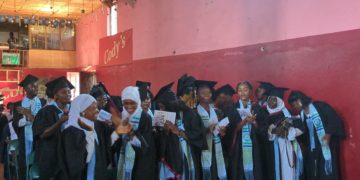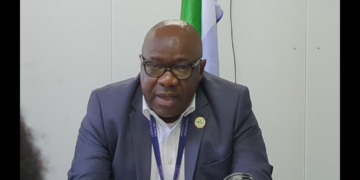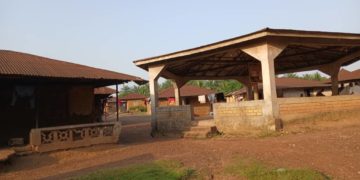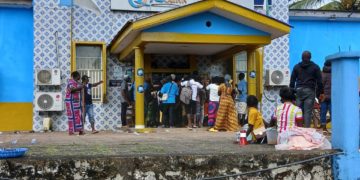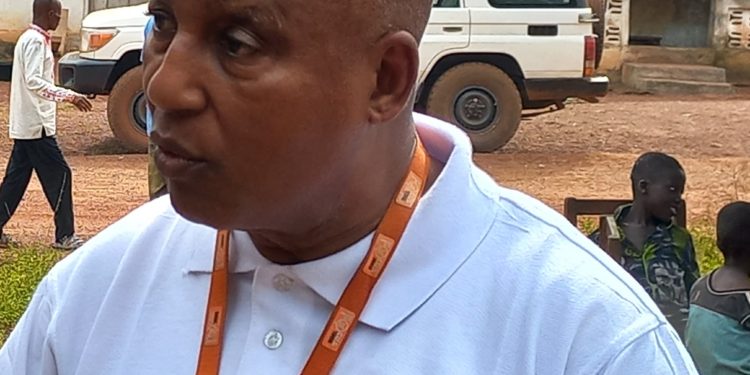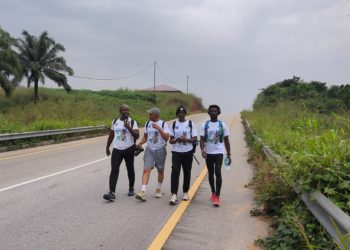By Kemo Cham
The Chief Executive of FOCUS 1000, Mohamed Bailor Jalloh, has said that the availability of a malaria vaccine is the icing on the cake in the fight against the parasitic disease.
Mr Jalloh said with the addition of the vaccine as a preventive measure is a major boost for global efforts against the disease which accounts for a large number of illnesses and deaths, especially among children and women.
But the veteran healthcare campaigner said success in this crusade is only easily achievable with a change in behavior by the masses.
“You cannot control malaria in just one way, you need different strategies. One of them is testing and treatment,” he said.
He was speaking in an interview on the sidelines of activities in the Static Campaign in Kaboreh Village in the Karene district.
The Static Campaign is a Global Fund supported initiative designed to intensify the fight against malaria, TB and HIV/AIDS.
The FOCUS 1000 CEO was speaking just hours after news of the landing of a plane load of the RTS,S vaccine at the Freetown International Airport in Lungi.
Sierra Leone is one of nine countries that were selected by the World Health organization (WHO) and its partners as beneficiaries of the first ever vaccine for the disease as proved by the global health regulator.
The Static campaign is being implemented in all 16 districts of Sierra Leone, and it entails awareness raising about the causes and prevention measures of the three diseases. The activities also involve testing and treatment.
Jalloh on Sunday concluded a tour of four districts where FOCUS 1000 is involved with the project, to assess its progress.
On the same day he held meetings in two communities in Karene, where he addressed residents and health workers from the ministry of health who conduct the testing and treatment. He also spoke to parents, encouraging them to employ recommended health seeking behaviors.
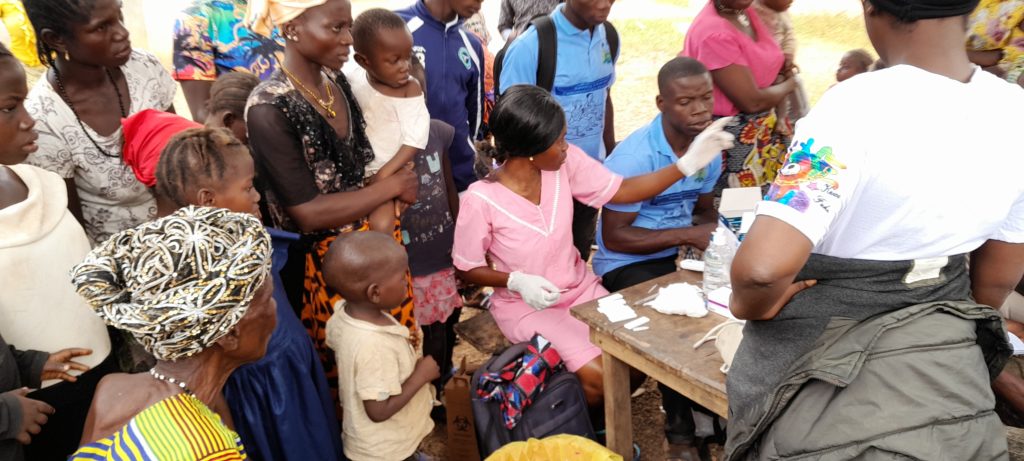
Malaria constitutes one of the highest disease burdens in Sierra Leone, where it accounts for over two million hospital visits, with over 6, 000 deaths, every year, according to WHO and government data.
As part of its response to the epidemic, the Sierra Leone government attacks it from different angles, including spraying homes in communities that are prone to the parasitic disease and encouraging people to sleep inside a mosquito net.
The Ministry of Health is presently working on its next round of mass distribution of WHO recommended insecticide treated bed nets nationwide.
“One strategy cannot do it,” Jalloh told a group of journalists from the Kombra Media Network accompanying him in the tour, noting that besides the bed nets, environmental sanitation and deployment of the vaccine, education is key to ensure all these efforts combined pay off.
FOCUS 1000 relies on its grassroots community engagement arm, called the Kombra Network, to pass these messages with the goal of effecting behavioral change. This is the role it plays in the Static Campaign, which comprises other partners like the Catholic Relief Services.
“Malaria is a very difficult disease to deal with. We have for a long time been talking about eradicating it, but that’s not possible, but we can control it,” he said, adding: “One of the ways we can deal with it is to test and treat people… The second way is to attack the mosquito itself. That is why we focus on environmental sanitation.
“The malaria vaccine is here to help boost the fight, and if we all do it together – government, NGOs, communities and parents – I can assure you that we will be able to control malaria,” he said.


